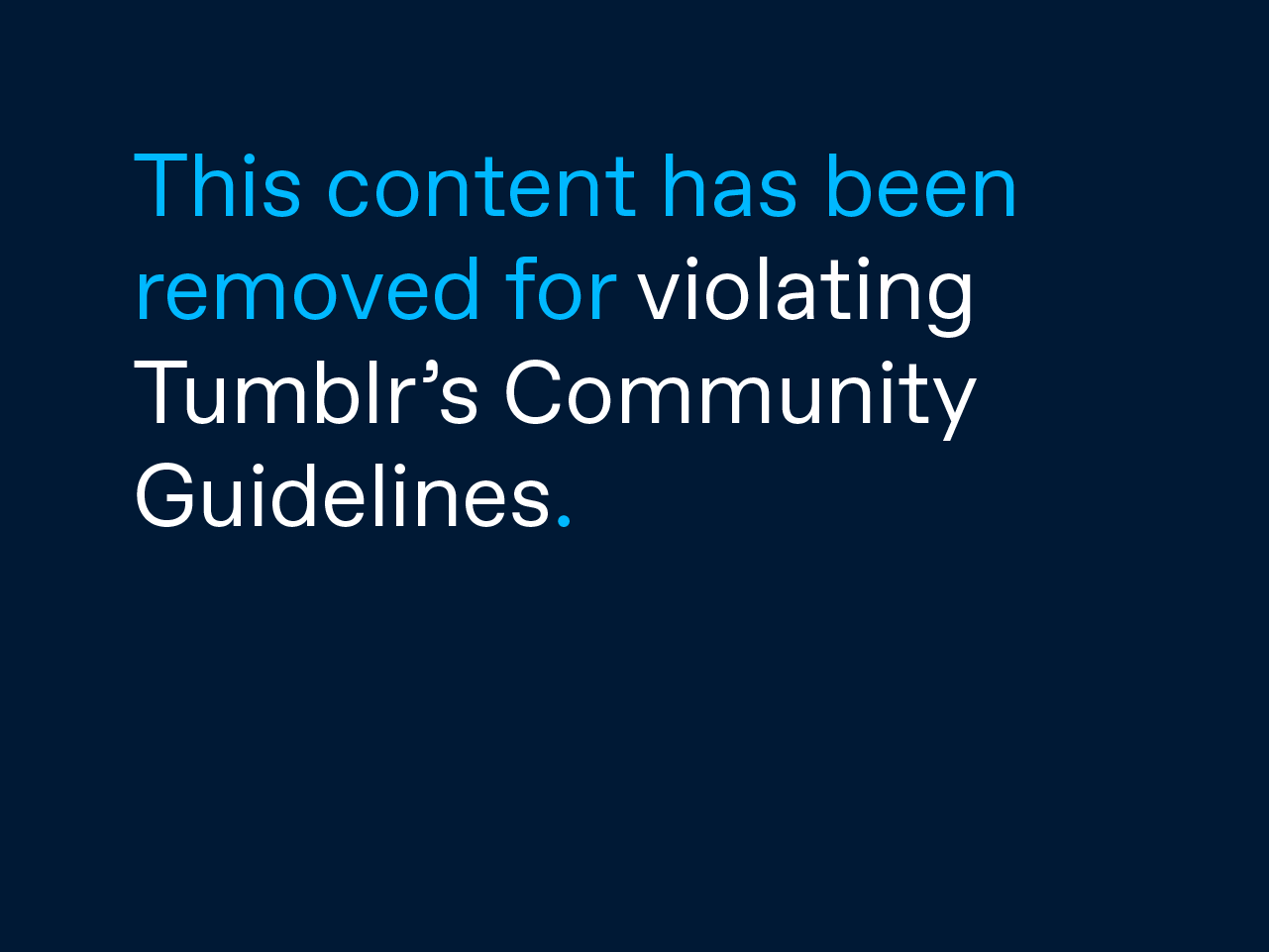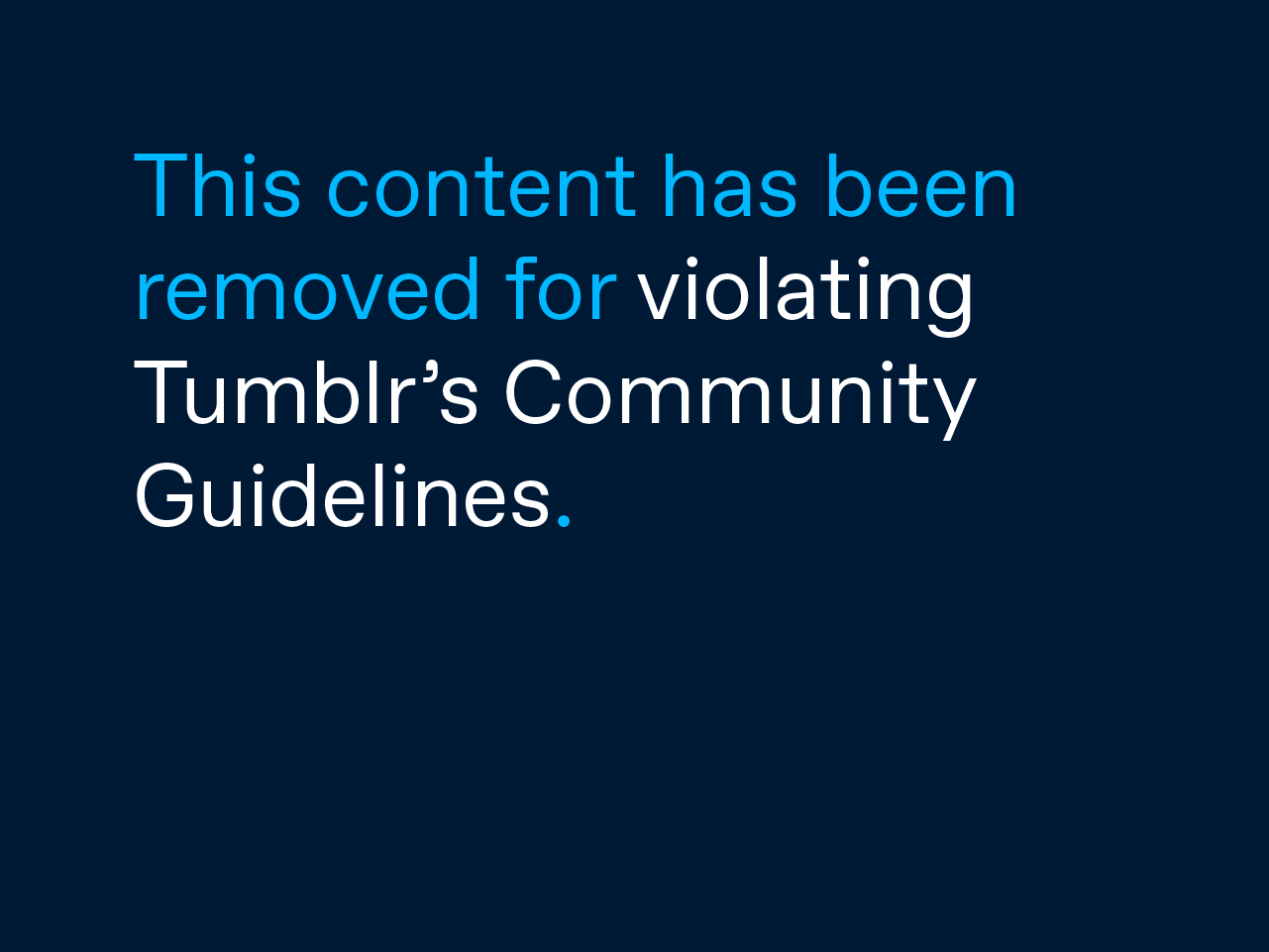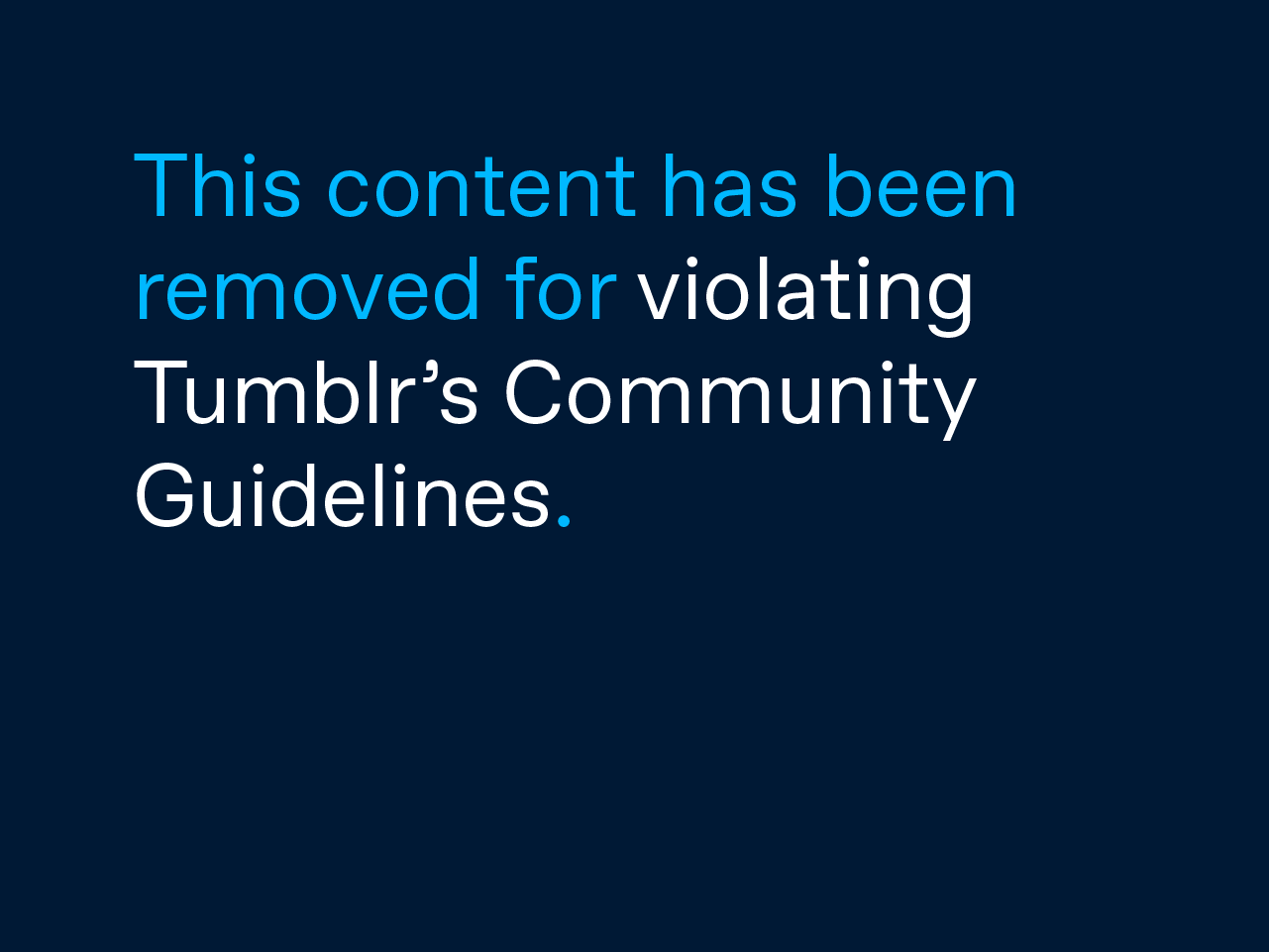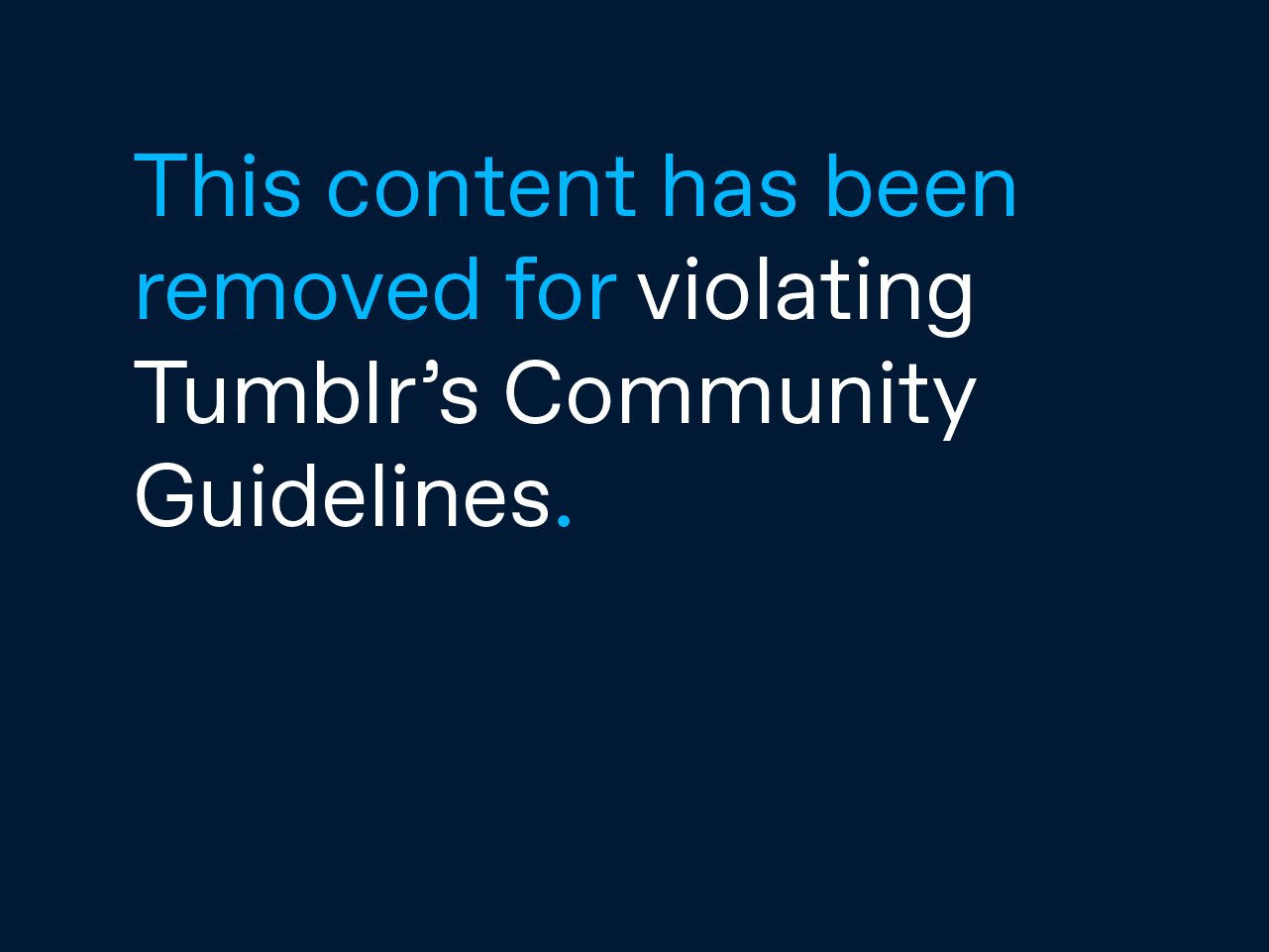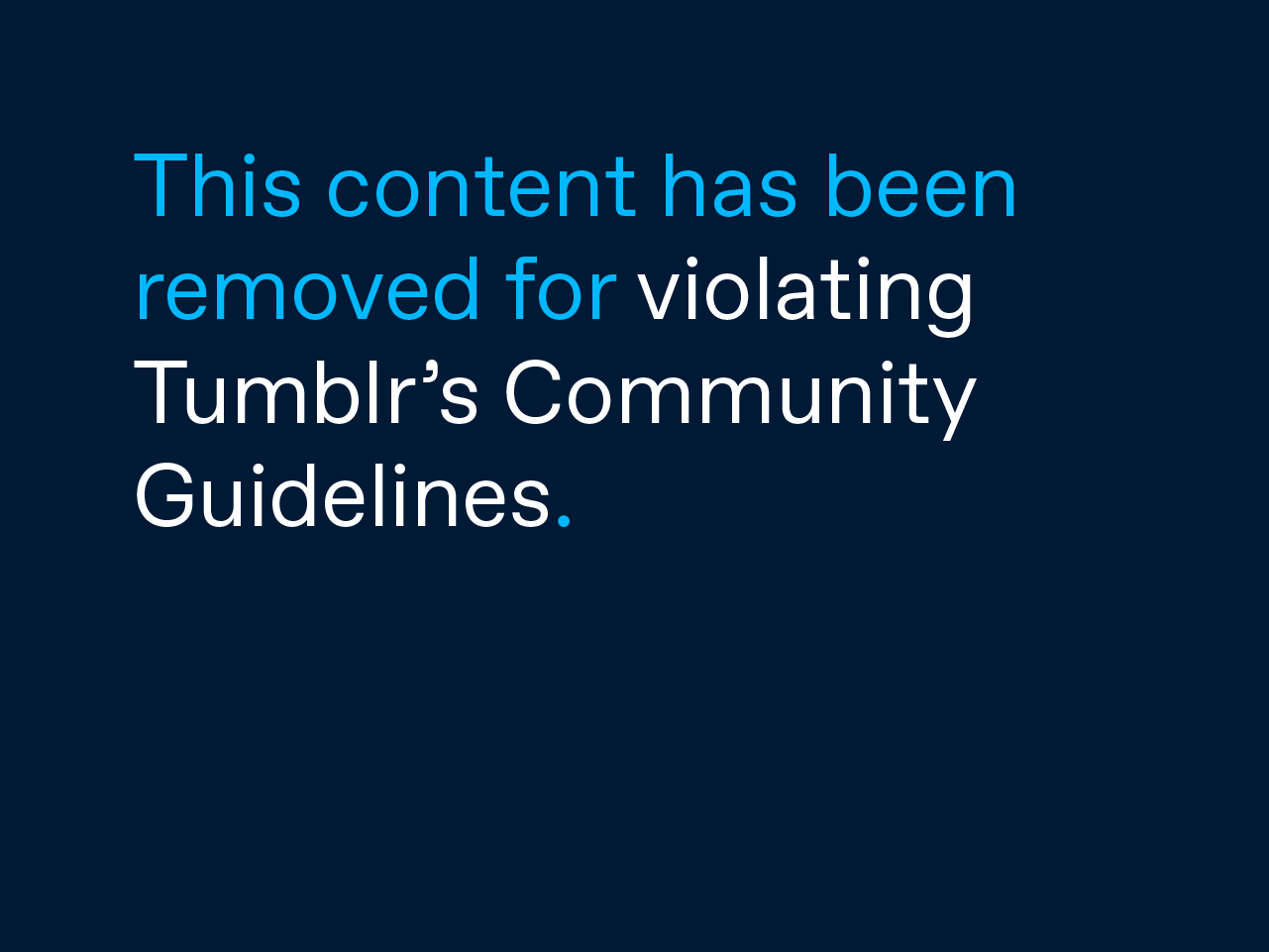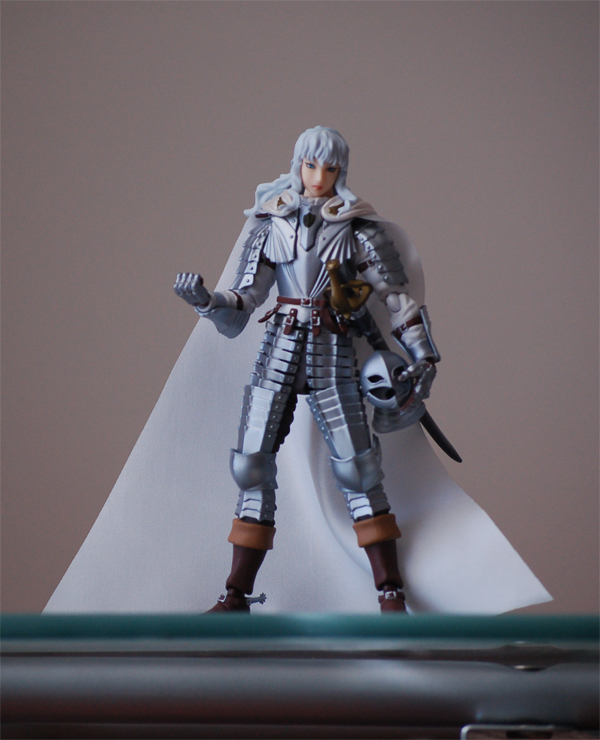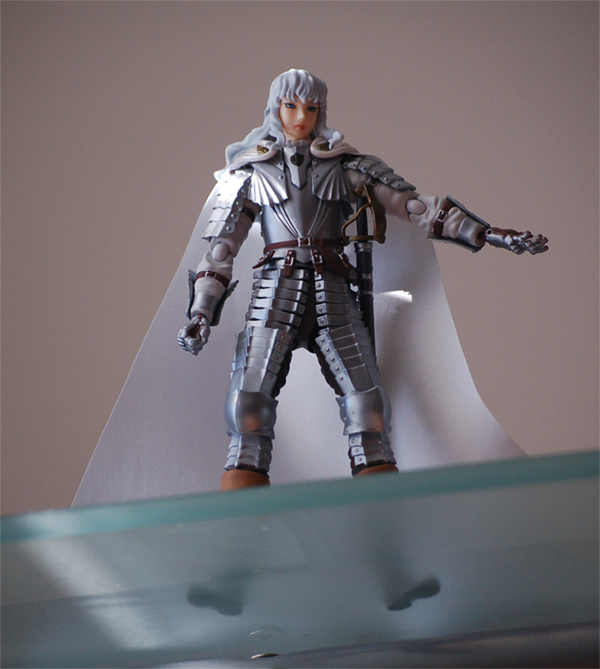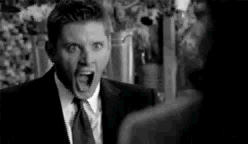Griffith is probably my favorite character, not for moral reasons obviously, but he's arguably the most complex character by a mile and he best represents the difficult moral themes present in Berserk to the point that he becomes a shorthand symbol for them. And I think that failing to recognize it represents a failed reading of the source material. That isn't mutually exclusive with hating him, but I do think a lot of people miss this and paint him as a common villain, when really he's both so much more and less than that to the point that the label of villain doesn't seem appropriate.
Griffith is a person that projects his ideals (his dream) on the world to the point of neglecting the apparent reality. This is an attitude capable of spectacular achievement as much as it can spectacularly exacerbate a failure or values or philosophy, so in the end he's both a remarkable triumph of human will and a remarkable failure of self awareness. In these respects he's like Kurtz from Heart of Darkness, only in this case it represents an even more profound corruption of integrity, and in the process I think makes the character even more pitiable in a sense. He flees his humanity to protect an idealized image of himself that is free of human vulnerability. In the process he becomes a being incomprehensibly devoid of all humanity. As a proposition that's something that no one can consent to! You come out of the other side of a dark tunnel as something completely different. No sane person would make that decision. We can't grasp the scope of cost of that decision, it is completely beyond understanding. That's part of the reason why this is a tragedy with Griffith as the tragic figure.
And that's the point of his character. When your gaze is affixed only on the horizon, you see nothing that is right in front of you. Griffith was so farsighted it was to the point of myopia. He always suppressed his humanity with his will to achieve remarkable things. That's what he was good at, and that was the tool he had that apparently worked for everything he seemed to care about. And suddenly maybe he cares about other things outside the scope of that tool, maybe he feels like he's being made slave to a strange new master that he doesn't know, and everything that he succeeded at before means less, and then his fears are made true and there's a loss of his dream, and the void left by both the failure of his dream and a failure of his human vulnerability to bear the desired fruit results in a pretty spectacular collapse. He's clearly weak in some sense that he needs such a crutch, but his weakness is exactly opposite Guts who lacks any sense of purpose to his existence at all. Guts in this situation clearly comes out as favorable, but even he's aware that he's just drifting through life. So they each kind of represent opposing perspectives, Griffith's is just built specifically for that kind of moral failure. But how he comes to it is incredibly easy to relate to, not because we have the same degree of will power, but we've all held a faulty premise like that, or we've all had our sights fixed on some far off thing and missed the bigger picture, if we were unfortunate enough to have that much will power then, who really knows what horrible thing we might do in service of it.


